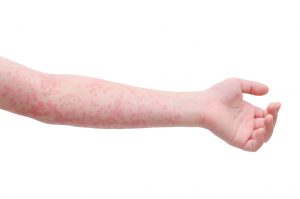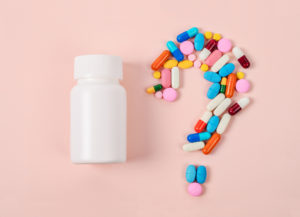Anyone who has ever taken a prescription medication has probably missed taking a dose. On some occasions the reason is as simple as forgetting, on other instances it may be intentional. Whether accidental or on purpose, it’s important to know the implications of failing to take your medications and what you should do if you miss a dose.
Depending on the medication, skipping a dose or multiple doses can have a major impact on your health as many medications won’t be effective if you don’t take them when and the way they are supposed to, especially if you miss multiple doses.
Some of the consequences can include:
- Missing Your Window – Some pain medications work best if you treat the symptoms before they begin. Failing to address the symptoms early on may result in difficulty suppressing potential flare-ups. This is especially true for medications intended to treat arthritis and other auto-immune disorders.
- Treatment Might Not Be Effective – In instances where antibiotics are necessary to treat an infection, failing to take a full dose of your prescribed medications can cause an infection to linger or even come back stronger. Incomplete treatments may also make you resistant to antibiotics in the future.
- You May Experience Withdrawal – If you miss a dose of your medication or stop taking it altogether, it can trigger chemical changes in your brain, which can lead to a variety of symptoms, such as headaches, fatigue, difficulty sleeping, and flu-like symptoms.
- Lead To Complications – If you don’t take your medications to treat hypertension, it could increase your likelihood of having a heart attack or stroke. If you fail to take your diabetes medications, it can increase your chances for kidney disease or blindness.
You should speak with your physician or pharmacist about what to do if you miss a dose or multiple doses of your medication. The answer could depend on the type of medication you are taking, the dosage, and how frequently you take it.
The retail pharmacy at Flushing Hospital is staffed with experienced pharmacists to help you with any questions about your medication adherence plan. To talk to a pharmacist, please call 718-353-3160.
All content of this newsletter is intended for general information purposes only and is not intended or implied to be a substitute for professional medical advice, diagnosis or treatment. Please consult a medical professional before adopting any of the suggestions on this page. You must never disregard professional medical advice or delay seeking medical treatment based upon any content of this newsletter. PROMPTLY CONSULT YOUR PHYSICIAN OR CALL 911 IF YOU BELIEVE YOU HAVE A MEDICAL EMERGENCY.



